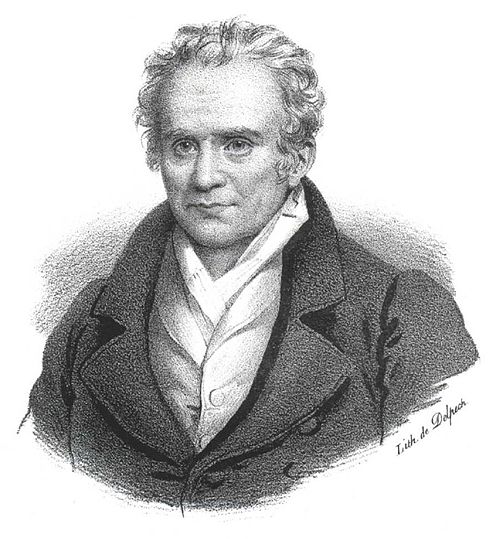Welcome to the Week 2 Bulletin! See below for all relevant news and announcements.
To suggest an item for a future bulletin, please email @email.

Gaspard Monge, French mathematician, b. 9 May 1746
Develop your employability skills and add to your CV with a summer internship:
https://www.careers.ox.ac.uk/article/internship-programmes-this-term





